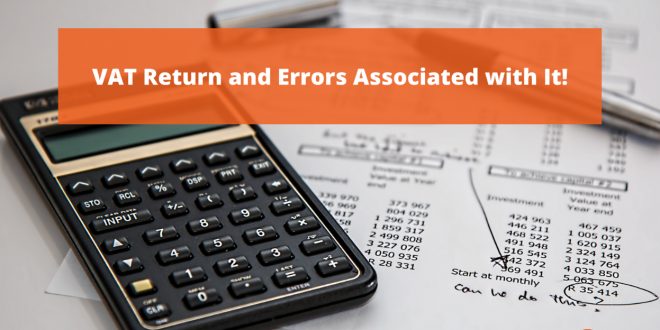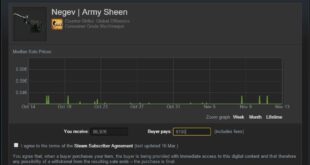Human error has got its chance in everything! Certainty and accuracy are the terms not associated with a hundred percent figure. But sometimes, these human errors cause many problems because we have to pay so much for the mistake created.
“Human error has got its chance in everything!”
VAT is a straightforward approach to tax investigators, and any mistake that happened over here can readily be displayed. VAT is no doubt complicated because there are lots of difficulties and complexities that catch business owners out. The quirks make the small space of human error very heavy and cost you a considerable amount. If HRMC finds error or any sort of mistake in your VAT return, it can fine you heavily.
First of all, you are giving tax, and you cannot afford another deduction into your bank statement just due to that little uncertainty in your VAT return. It is essential to consider all the mistakes that can happen, and that should be avoided.
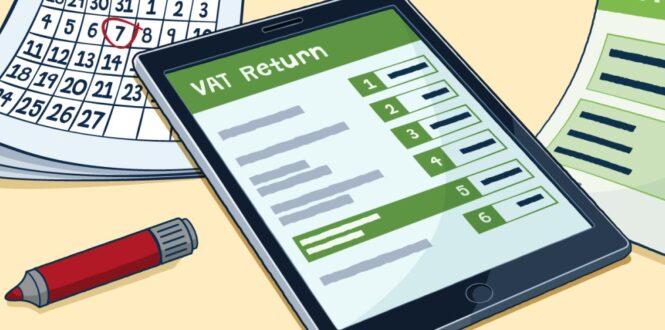
A VAT return cannot be prepared if you are out of your records. An important thing to note is to keep an eye on all records regarding all invoices. You should permanently save the money transferred or received into your documents for proper entry in the VAT return. Keep these invoices with you, or in another case, you will be charged heavily due to inaccurate entry into the return. You can’t claim VAT without a valid purchase invoice; therefore, you should keep both purchased invoices and sell invoices.
“A VAT return cannot be prepared if you are out of your records.”
There are different variety of apps that can help you in this regard, such as Receipt Bank. You can capture a picture of your invoice as soon as it is made and upload that picture onto your account. This invoice can be accessed easily by you anytime, anywhere when needed, especially at the time of VAT return entry.
Such applications allow you to take considerations for the figures. A single zero that gets skipped during access can create a lot of problems while claiming your return. So be conscious and careful when you enter the figures.
“Any deposit or payment on account triggers a tax point.”
HMRC needs VAT as soon as possible. So, any deposit or payment on account triggers a tax point. The tax point is the date you must account for VAT and include it in your return. A warranty starts at this tax point even if you haven’t created an invoice yet. If you have few notes in your pocket, you need to declare VAT for that. If you hire goods as part of your business only then you can claim returnable deposits.

Be careful while having VAT on entertainment. This rule is often ignored, or many people are unaware of it. You can’t claim the VAT back on business entertainment, like taking your clients to restaurants, concerts, or other sports events. You can’t reclaim the VAT anyway. The only exception is to take your staff out, in this case, you can claim VAT on the expenses made on your staff members. That’s another quirk of VAT.
One of the biggest mistakes is that VAT can be reclaimed twice at on same expense. Usually, the business includes the invoice and the supplier statement or the request for payment with the same VAT return. So, presenting both costs in the same record sometimes creates confusion regarding the claiming money.
“One of the biggest mistakes is that VAT can be reclaimed twice at on same expense.”
Suppose you thought that the mistakes mentioned above are somehow uncanny. Have a look at the concept of land and property in the mind of VAT returns. Property transactions include so many complexities. It is tough to keep up but instead of going through the articles having lots of information, simply ask an expert! These complexities are well known to them, and your tax consultants can give you a lot more know and how at your basic level to avoid some common mistakes.
Beware! Don’t let yourself charge VAT at the wrong rate. The standard rate of VAT is twenty percent on any sale. Some special items are zero-rated, meaning you are not charged VAT on them like newspaper or children’s cloth. Some other goods are exempt from VAT, like insurance. There may also be no VAT for a customer abroad, and certain conditions are applicable under his condition, like selling to a charity.
“Don’t let yourself charge VAT at the wrong rate.”
Another mistake to view this is that businesses do not include VAT when they should include it, like recharging expenses or selling an asset of the industry like computers or printers. So, it would be best to get the correct VAT rate on every item you deal with.
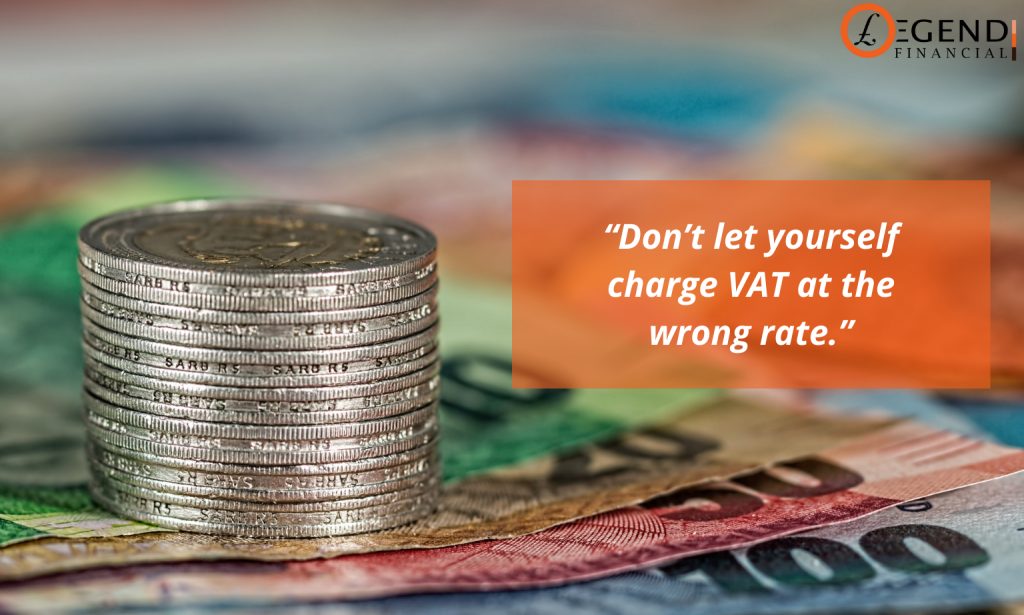
Another mistake is not repaying VAT on unpaid invoices. Generally, the tax point is the date of the invoice. Therefore, you can reclaim the VAT when you receive the purchase invoice, even if you haven’t paid it yet. If the invoice is still unpaid after six months, you are required to repay that VAT to HMRC.
“Another mistake is not repaying VAT on unpaid invoices.”
There can happen a lot of mistakes regarding single-term travel. The most common mistakes include claiming back VAT on train tickets, airfares, or bus fares.
Claiming VAT back is not possible for this. Claiming VAT on petro; without applying the fuel scale charge and not claiming VAT on business mileage claims.
Calming VAT back on car leases- you can have half of them.
“The most common mistakes include claiming back VAT on train tickets, airfares, or bus fares.”
Another mistake is not keeping petrol receipts when claiming VAT on business mileage. Even if you are claiming VAT directly on petrol expenses, you still need to keep the receipts with you for any future use.
The next mistake is forgetting to submit the EC sales list. If you make sales to VAT registered businesses in the EC, you need to prepare and submit an EC Sales List. To add the fun, these don’t necessarily tie into the dates of your VAT returns. They are every quarter but are fixed as March, June, September, and December. Whatever quarter you use for VAT return, it’s up to you.
“The next mistake is forgetting to submit the EC sales list.”
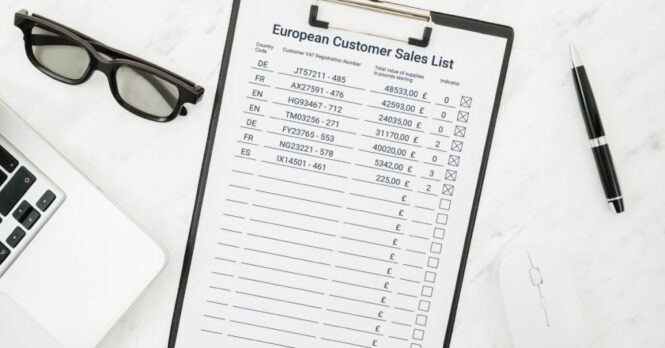
The last mistake is using the Wrong VAT scheme. There a variety of different techniques out there like
- The standard scheme
- The flat rate scheme
- The cash scheme
- The margin scheme
Which one is best for you? And when to assess it? Your business strategies should be dependent on rules. Rules change every year, and it is crucial to keep a cross-check on schemes and pick the decided method accordingly. The best strategy will that which will match your conditions and give you more benefits as compared to others.
Cope up with your complex tax bills, cash flow problems, and much more by availing the opposites provided by the tax advisors. Protect yourself and your business from these mistakes to flourish more. Legend Financial experts can resolve your problems and help you to save your amount from these common mistakes.
 Imagup General Magazine 2024
Imagup General Magazine 2024
